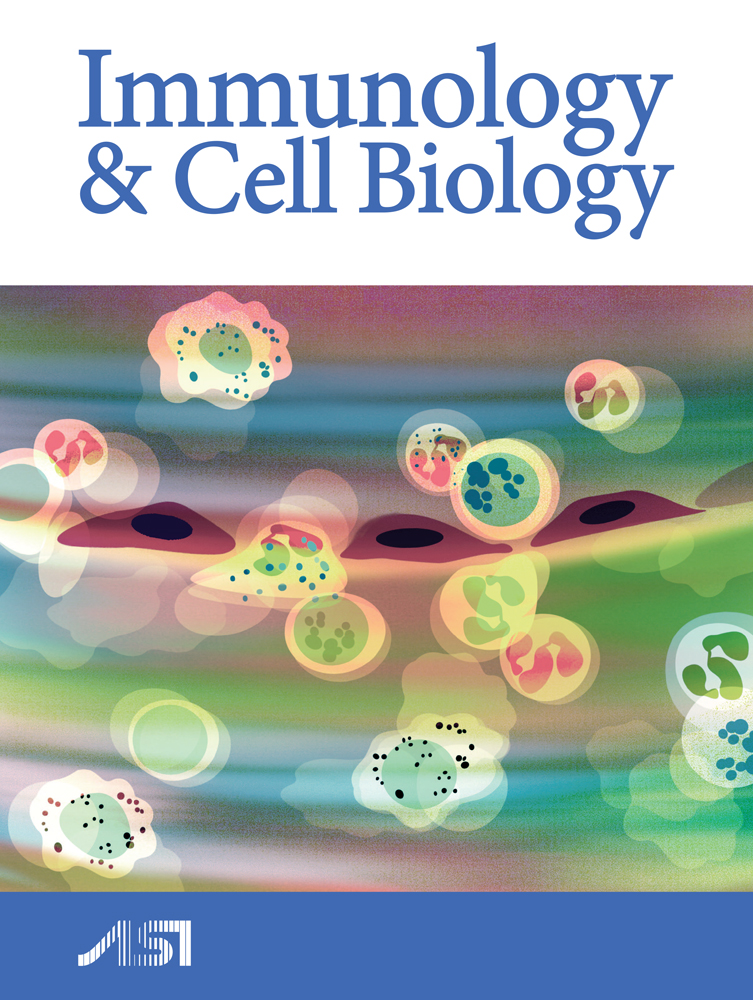Depletion of IFN-γ, CD8+ or Tcrγδ+ cells in vivo during primary infection with an enteric parasite (Trichostrongylus colubriformis) enhances protective immunity
Summary
In order to examine the role of CD8+ and WCI+ T cells and of IFN-γ in the development of protective immunity against infection with the enteric nematode parasite Trichostrongylus colubriformis in sheep, mAb were administered during induction of the immune response to deplete or neutralize these components. Protection against the primary and challenge infections were assessed by faecal egg count and total worm count. Prolonged administration of mAb recognizing IFN-γ and CD8+ resulted in significantly increased protection during the 6-week primary infection. CD8+ cells were depleted from blood but not intestinal mucosa. After injection of mAb (CC15) recognizing the surface antigen WCI, WCI+ and T cell receptor (Tcr) γδ+ cells were depleted from blood but not from enteric mucosa, and protection against challenge, although variable, was increased by up to 88%. It appears that CD8+ and WCI+/γδ+ cells and IFN-γ all retard the potential development of naturally-acquired immunity against the parasite.





